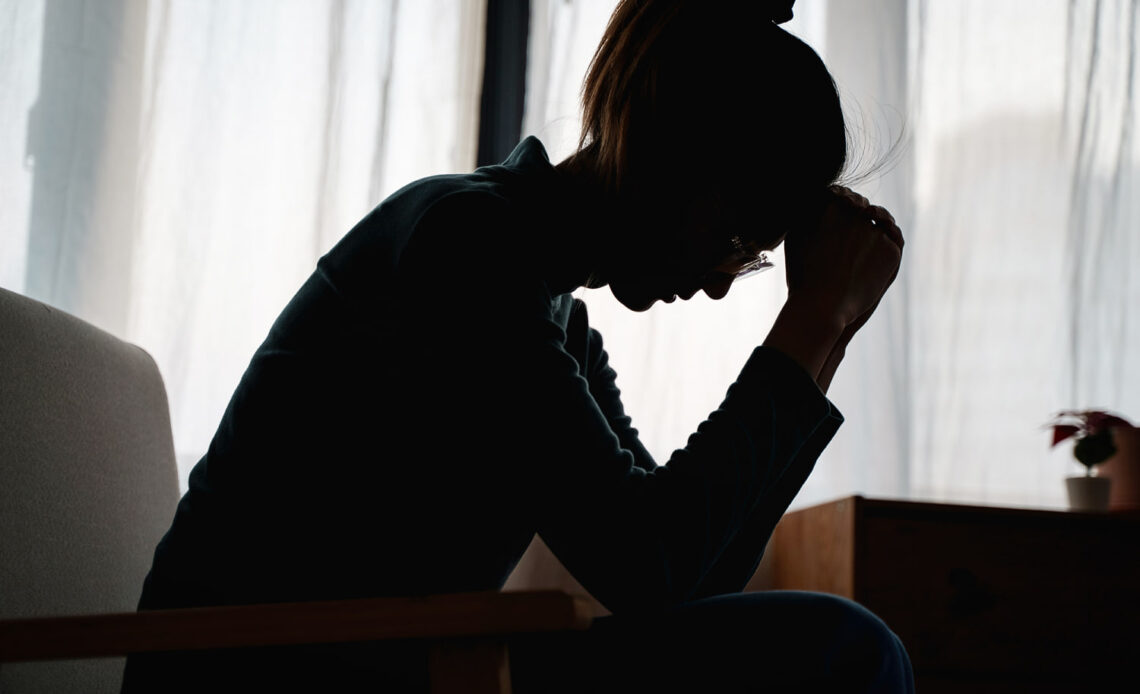The myth that failure is always a good teacher may need an update.
People tend to overestimate the likelihood of success following failure, which may make us less willing to help others who are struggling, according to a new study.
A team of researchers from the business schools of Northwestern, Cornell, Yale and Columbia universities analyzed data from different online surveys including over 1,800 adults in the United States mostly between the ages of 29 to 49. One survey involved oncology nurses attending a virtual conference.
“We wanted to see if people think about resilience wrong,” lead author Lauren Eskreis-Winkler, assistant professor of management and organizations at Northwestern University in Evanston, Illinois, told NBC News in an email.
The study was published online Monday by the American Psychological Association in the Journal of Experimental Psychology: General.
The researchers looked at how people predicted the resilience of professionals such as lawyers, teachers and nurses, as well as people with substance use disorders and heart problems.
“People thought that tens of thousands of professionals who failed standardized tests would go on to pass (who don’t), that tens of thousands of people with drug addiction would get sober (who don’t), and that tens of thousands of individuals with heart failure would make major lifestyle changes to improve their health,” Eskreis-Winkler wrote.
When people believe that others who have experienced setbacks will grow from their failure on their own, they are less motivated to help those in need because they believe these problems will “self-correct,” the report said.
The researchers also found that participants wrongly assumed people focus on their mistakes and learn from them after failure.
In one of the findings, people who exaggerated the benefits of failure were less interested in channeling taxpayer dollars to support people with drug addiction and formerly incarcerated people.
However, when the researchers corrected exaggerated beliefs about the benefits of failure, the same participants increased their motivation to help.
“The main finding is that people systematically — blissfully — overestimate the likelihood of resilience following failure,” according to the researchers.
This “pollyannish” perception allows people to take more chances despite erroneously believing that failure fuels success, Eskreis-Winkler said in the email. “But from a helping perspective,…
Click Here to Read the Full Original Article at NBC News Top Stories…

